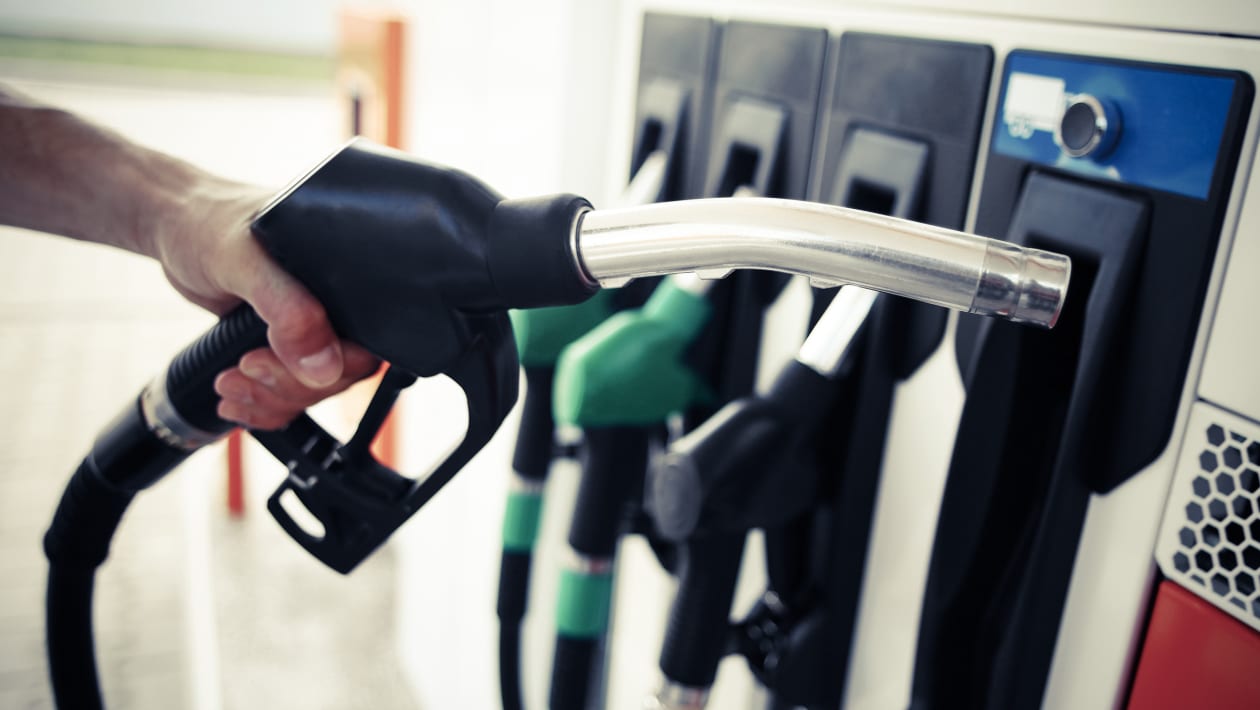A year back, I was touring Spain in my (then) T6 camper.
It developed anEGR fault that was splendidly dealt with under warranty by aN excellent Spanish VW dealer.
The unofficial advice from the tech was
“Don’t ever use cheap fuel, and that I should try to always use Shell V power diesel As was the best fuel available.“
Yes, I’d been using cheap supermarket fuel, but not now, I always try for Shell V power now.
Scroll forward to today, I came across this vid from Martin at Pendle Performance, arguing exactly the same thing “Just use Shell V-Power, why would you use any old sh7te in your PnJ Eh!
You have been warned
It developed anEGR fault that was splendidly dealt with under warranty by aN excellent Spanish VW dealer.
The unofficial advice from the tech was
“Don’t ever use cheap fuel, and that I should try to always use Shell V power diesel As was the best fuel available.“
Yes, I’d been using cheap supermarket fuel, but not now, I always try for Shell V power now.
Scroll forward to today, I came across this vid from Martin at Pendle Performance, arguing exactly the same thing “Just use Shell V-Power, why would you use any old sh7te in your PnJ Eh!
You have been warned


